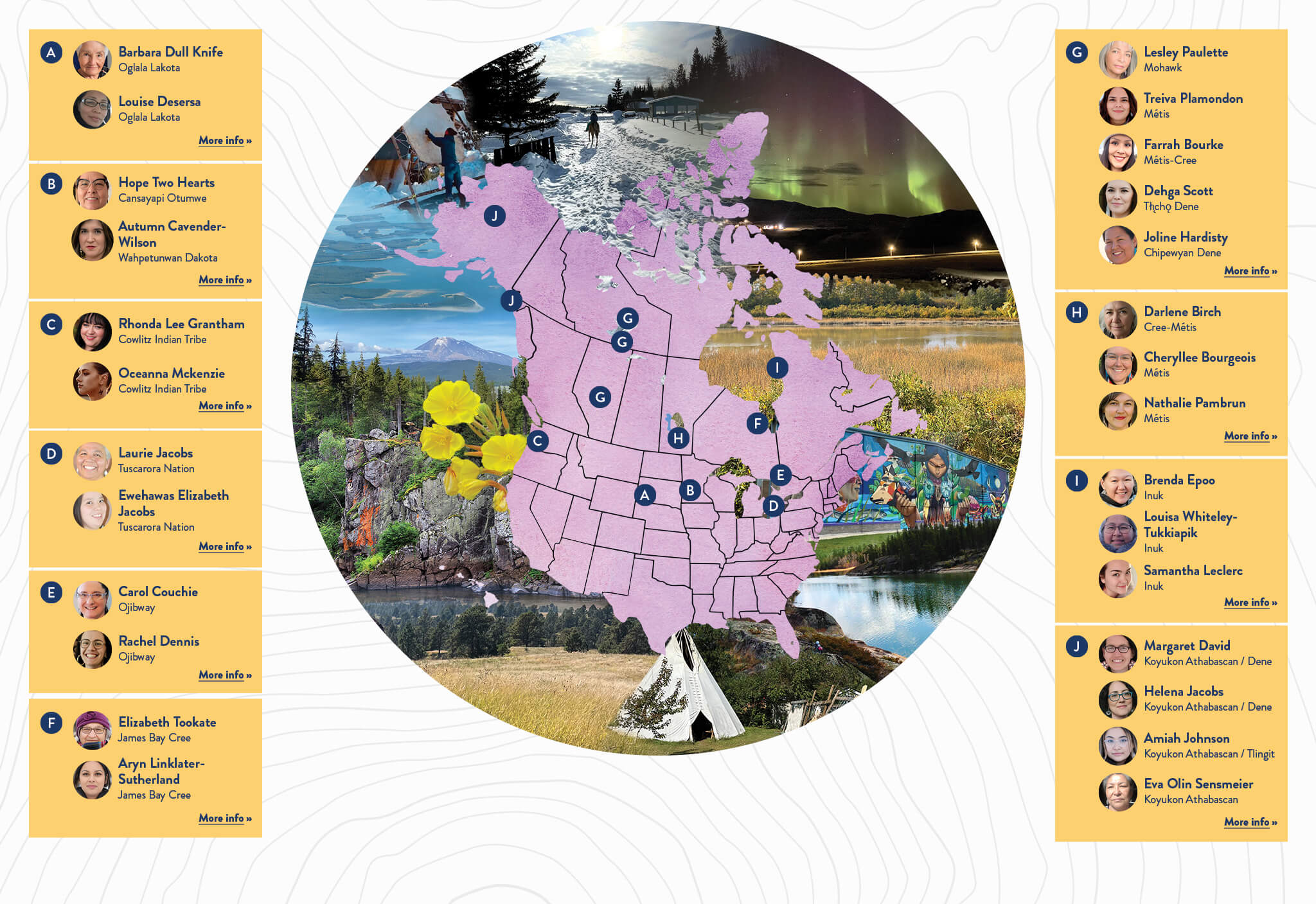Meet Our Circle 5 Legacy Leaders and Future Legacy Leaders
These life-giving leaders are participating in a sisterhood program that seeks to share knowledge about Indigenous midwifery between generations of Indigenous women. The program is designed to nurture Indigenous communities’ cultural safety and spiritual well-being through community-based Indigenous midwifery practice and education. This work expands and deepens connections across the global landscape of Indigenous midwifery.
Get to know each of the Legacy Leaders and Future Legacy Leaders who are reclaiming Indigenous birthing rights and leading this movement of courageous survival.
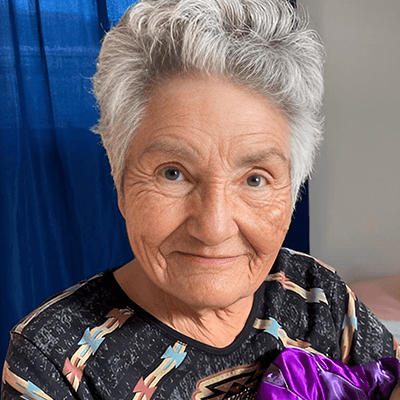
Barbara Dull Knife
Oglala Lakota – Pine Ridge Reservation
“Sacred being starts with the moment of creation of a life. My work with our Lakota children and their families is situated in every part of the sacred cycle of life.”
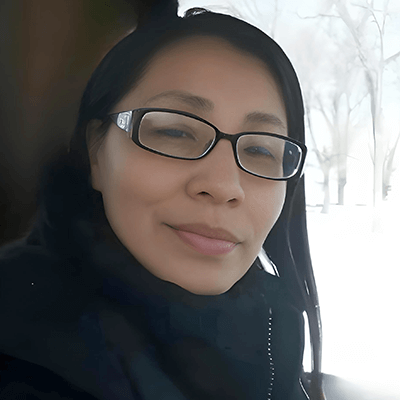
Louise Desersa
Oglala Lakota – Pine Ridge Reservation
“The best positive thing is unity – of children in the ‘isnati’ and joining together to make ribbon skirts.”
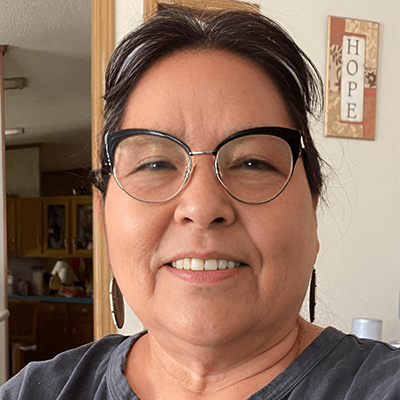
Hope Two Hearts
Cansayapi Otumwe – Lower Sioux Indian Community at Morton, MN
“I want to help the women because it’s important for them to have their connection with Creator.”
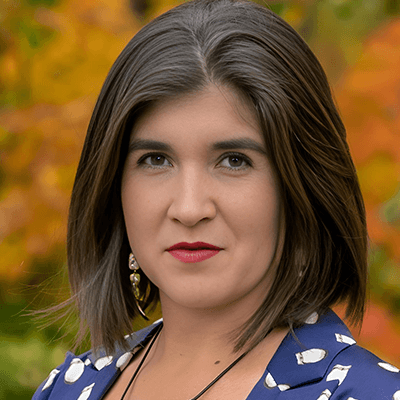
Autumn Cavender-Wilson
Wahpetunwan Dakota – Pezihutazizi K’api Minisotamakoce Upper Sioux Community
“It was an honor to work intergenerationally because I continue to learn a lot from their young minds and the way they view things.”
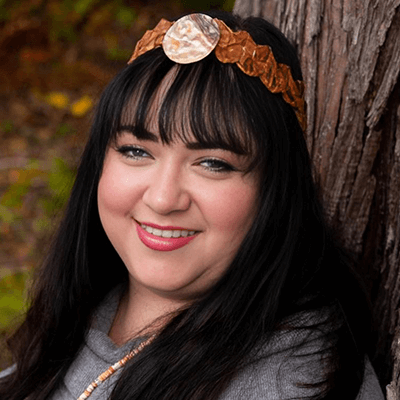
Rhonda Lee Grantham
Cowlitz Indian Tribe – a Salish-Sahaptian Tribe of Southwest Washington
“Indigenous communities are demanding to keep their families together and their communities whole, to birth on their traditional lands, and to serve one another in a culturally-centered way.”
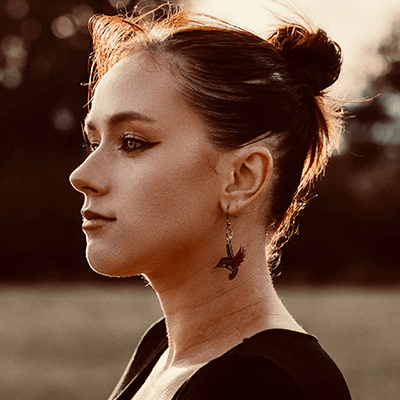
Oceanna McKenzie
Cowlitz Indian Tribe – a Salish-Sahaptian Tribe of Southwest Washington
“I aspire to ignite the courage within fellow Native mothers, encouraging them to embrace and trust their maternal instincts as the guiding stars in their journey of motherhood.”
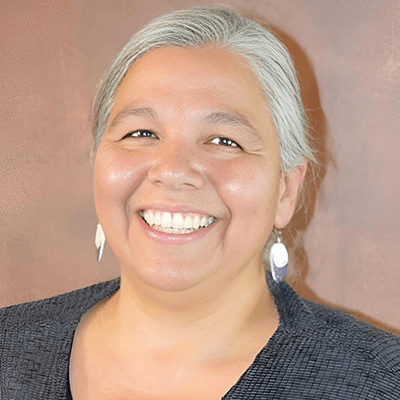
Laurie Jacobs
Tuscarora Nation – Six Nations of the Grand River Territory in Ontario, Canada
“As Indigenous people, the babies are everything to us. They’re our hope for the future.”
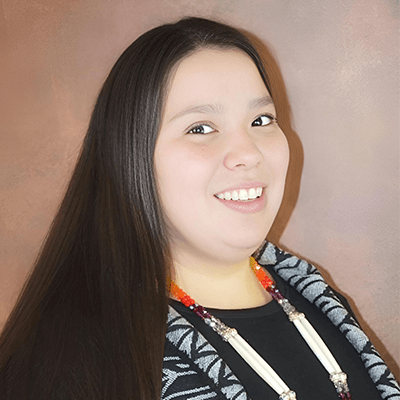
Ewehawas Elizabeth Jacobs
Tuscarora Nation – Six Nations of the Grand River Territory in Ontario, Canada
“Knowing midwifery and how beautiful, inclusive, and loving it is, I was drawn to learn more about what I can be as an Indigenous doula supporting people in my community.”
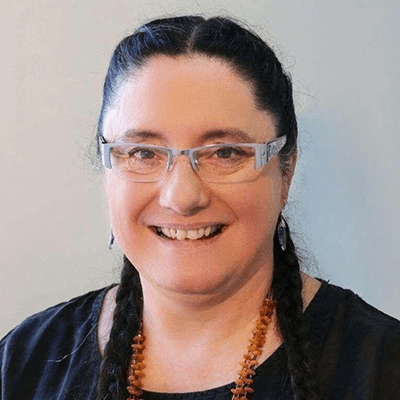
Carol Couchie
Ojibway – Nipissing First Nation in Northern Ontario
“Birth is the fundamental ceremony of our tribes. It is the most sacred ceremony that we have, and is innate in women’s bodies.”
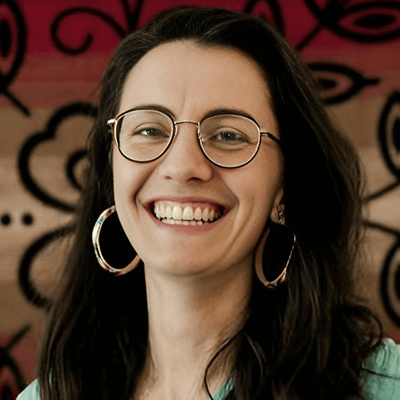
Rachel Dennis
Ojibway – Nipissing First Nation in Northern Ontario
“You can see how midwifery and caring for people really impacts their lives. I like creating that connection.”
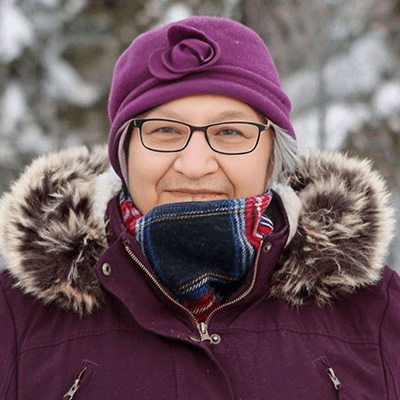
Elizabeth Tookate
James Bay Cree – Attawapiskat First Nation Omushkego Territory
“As the saying goes, ‘It takes a village to raise a child.’ It also takes a village to support a midwife.”
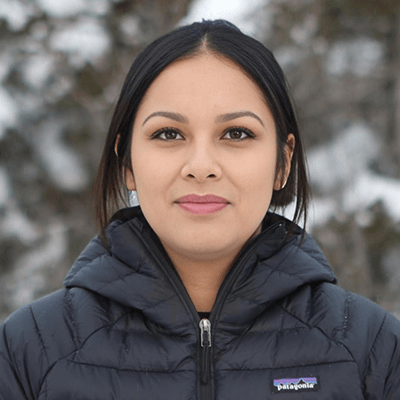
Aryn Linklater-Sutherland
James Bay Cree – Attawapiskat First Nation Omushkego Territory
“I protect my ancestors by sharing accurate information, going directly to the knowledge keepers, and by being mindful of sacredness.”
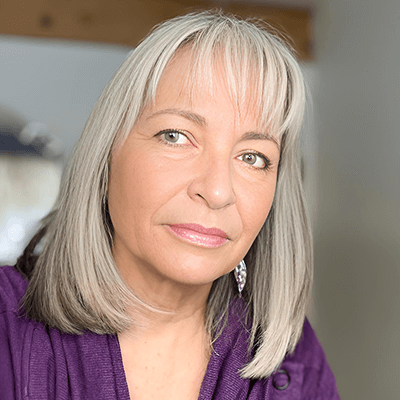
Lesley Paulette
Mohawk – Smith’s Landing First Nation – Treaty 8
“The spark is still there, the embers must be fanned, and fuel brought to feed the flames from which will emerge the next generation of Northern Indigenous Midwives.”
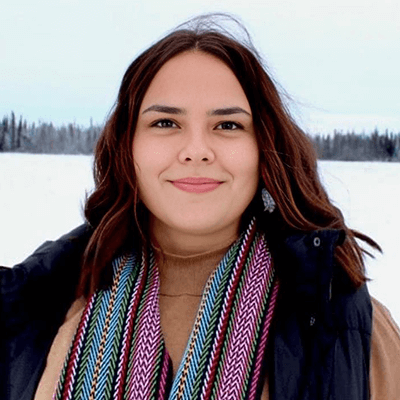
Treiva Plamondon
Métis
“Indigenous Midwifery is the root to reconciliation; our people need healing, and it starts from birth.”
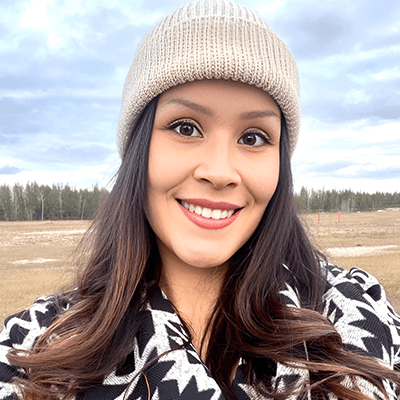
Farrah Bourke-Freund
Métis-Cree
“I’ve always been led with the guidance of my Creator and my ancestors before me to follow along in the life of midwifery.”
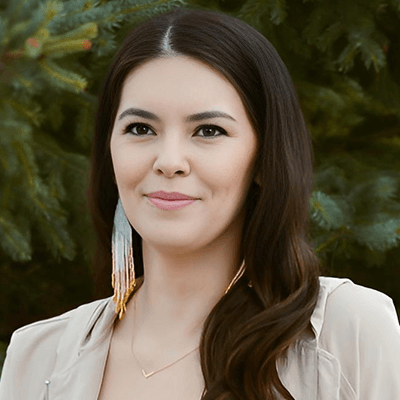
Dehga Scott
Tłı̨chǫ Dene from Yellowknife, NT
“Our traditional birthing practices belong with our Indigenous families and that knowledge needs to stay with our communities for the next seven generations.”
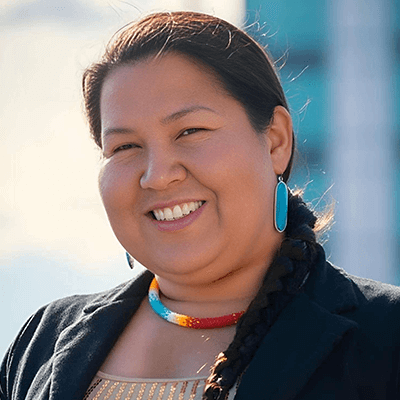
Joline Hardisty
Chipewyan Dene – Salt River First Nation – Treaty 8
“Women are the backbone of the home. We are magic, we are the matriarch, it is time we take this role seriously, our future generations depend of us to make that happen.”
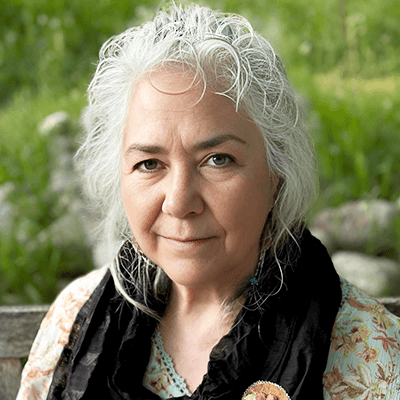
Darlene Birch
Cree-Métis
“Like the Red River, Métis midwifery provides a spiritual gathering space and a powerful connection to our relations, our culture, and our past and future.”
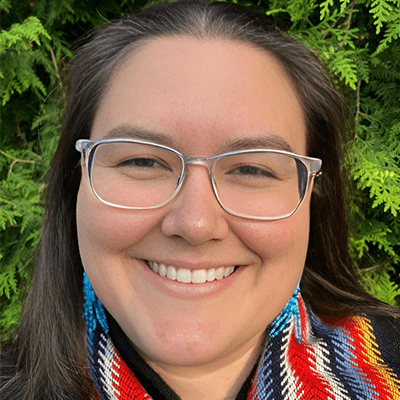
Cheryllee Bourgeois
Métis
“Métis midwives respond to the specific needs of our communities and by doing so nurture the social and cultural reproduction of Indigenous life.”
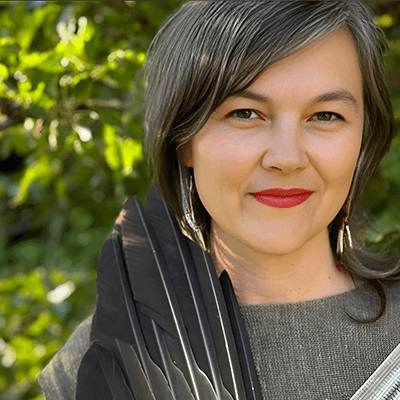
Nathalie Pambrun
Métis
“Indigenous midwives ensure the continuity of cultural traditions of matriarchy. We are cosmic weavers of the web of supportive constellations required to grow healthy nations.”
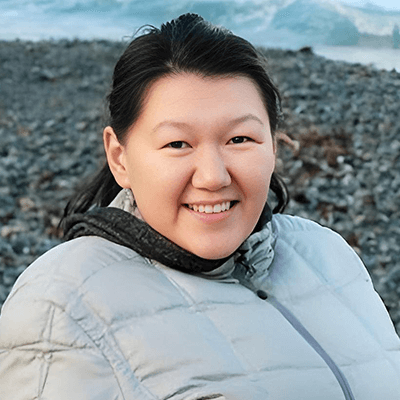
Brenda Epoo
Inuk
“To Inuk our homeland means everything to us. It is our home, our livelihood. Everything about and around us gives life. The land, the islands, the lakes, the rivers, and seas give life.”
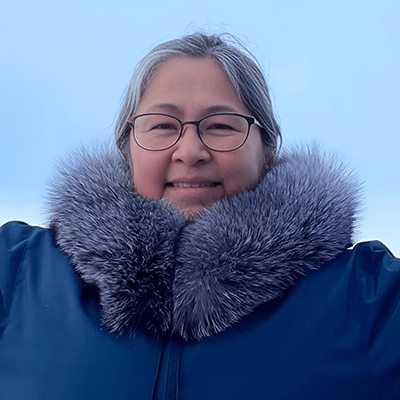
Louisa Whiteley-Tukkiapik
Inuk
“I caught my grandson and he cried when he was born…I hope more people can experience birth in their homes with their families, in the safety of their communities.”
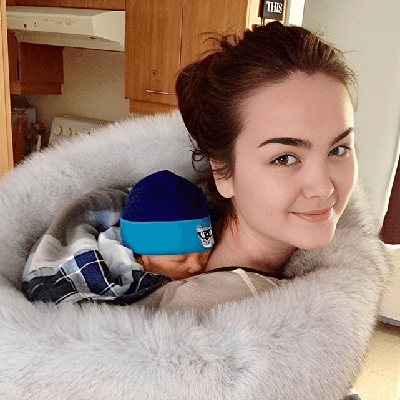
Samantha Leclerc
Inuk
“At our birth room, we have an actual bed facing towards the door because it’s welcoming the baby, soon as it goes out of the birthing lifegiver.”
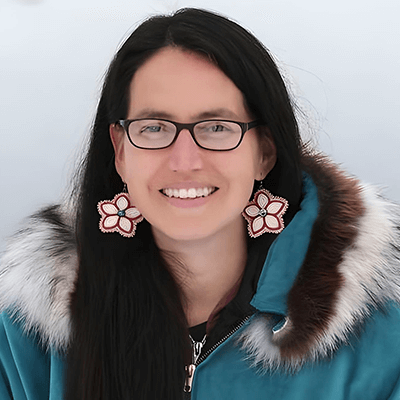
Margaret David
Koyukon Athabascan / Dene – Tribal member of Native Village of Ruby
“I feel part of our responsibility as birth workers, in addition to supporting the rites of passage of childbirth, is supporting the rites of passage during the coming of age ceremonies.”
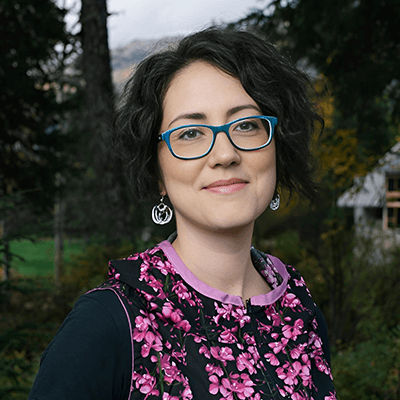
Helena Jacobs
Koyukon Athabascan / Dene – Tribal member of Native Village of Ruby
“This is a sacred circle of aunties, sisters, cousins, nieces and daughters that is healing generations.”
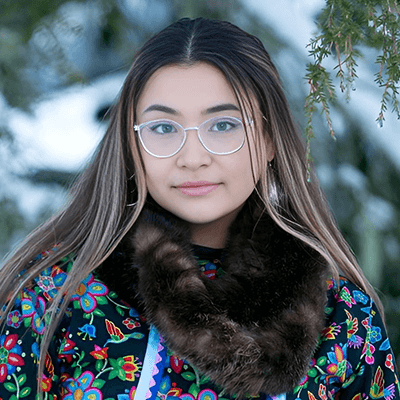
Amiah Johnson
Koyukon Athabascan / Tlingit
“Working to reclaim our traditions now ensures that our children and grandchildren will never have to know a time without them.”
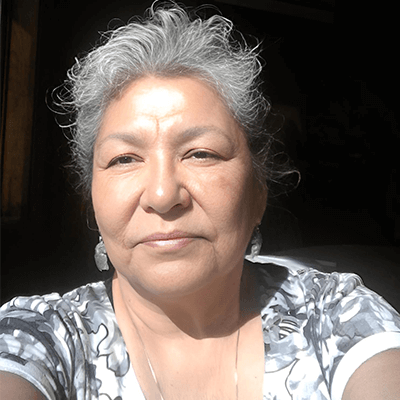
Eva Olin Sensmeier
Koyukon Athabascan – Louden Tribal Member
“We need to rekindle these memories in all Ashinabe’ people all over our Turtle Island. Ceremonies empower us with all the energy from our ancestors.”

